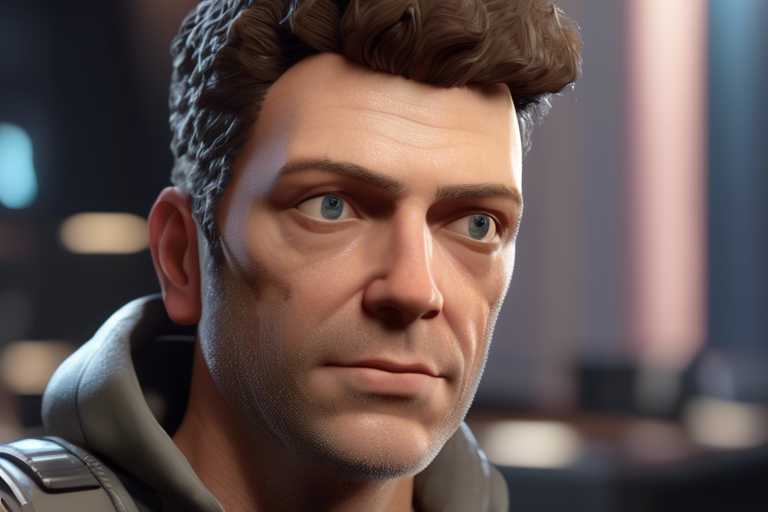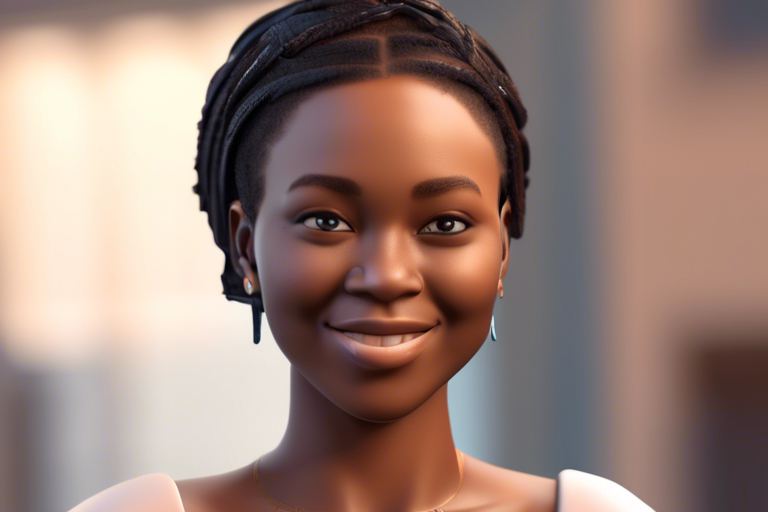The Battle of AI Giants: Comparing OpenAI’s ChatGPT and Anthropic’s Claude
OpenAI, established in 2015, initially as a non-profit organization, aimed to ensure the benefits of artificial general intelligence (AGI) for all of humanity. Over time, the organization evolved into a “capped-profit” model to attract more investments while staying true to its core mission.
One of OpenAI’s significant contributions to the AI field is the development of GPT models, with ChatGPT being particularly renowned for its ability to generate human-like text and aid in various tasks.
On the other hand, Anthropic, founded in 2021 by ex-OpenAI researchers, emphasizes the creation of safe and ethical AI systems, focusing on “constitutional AI” that incorporates safeguards and values.
Comparing Approaches: OpenAI vs. Anthropic
- OpenAI’s gradual release of AI models to the public supports safe and ethical AI development.
- Anthropic’s emphasis on AI alignment and safety has gained recognition in the AI research community.
- Anthropic focuses on customer needs, while OpenAI centers on real-time voice capabilities.
Anthropic’s Advantage with Claude Sonnet
- Claude Sonnet covers 90% of commercial use cases with lower compute and API costs.
- Claude prioritizes completeness and the use of artifacts as a tool, enhancing its functionality.
- Anthropic’s tailored approach to customer experience has been crucial in challenging OpenAI’s market dominance.
Key Takeaways and Insights
According to Adam Cochran, Anthropic’s success with Claude against OpenAI’s ChatGPT highlights the importance of tailoring AI experiences to customer needs rather than focusing solely on technological advancements. This customer-centric approach has enabled Anthropic to establish a significant foothold in the competitive AI market.





 By
By
 By
By
 By
By
 By
By
 By
By
 By
By